The Magnificent, why?
The honorary title “Il Magnifico.”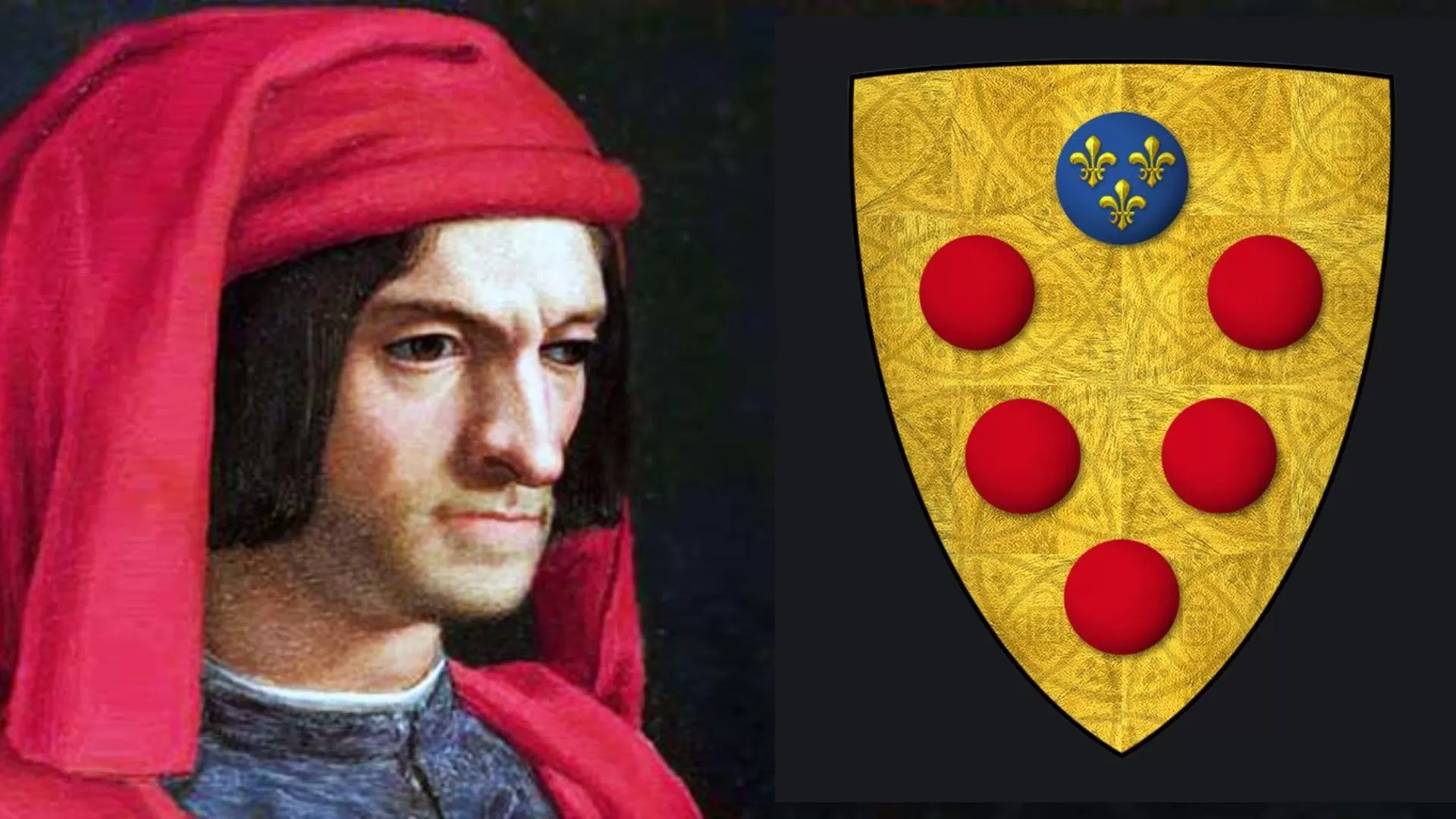 In the city of Florence, the honorary title "Magnifico Messere" was bestowed upon those holding the office of Gonfaloniere di Giustizia, the highest rank in the Florentine Republic. This title was conferred upon Lorenzo's father, Piero il Gottoso, and grandfather, Cosimo il Vecchio, both Gonfalonieri di Giustizia. Although Lorenzo himself never attained this position, he was referred to as "Magnifico Messere" from the age of twenty-one.
In the city of Florence, the honorary title "Magnifico Messere" was bestowed upon those holding the office of Gonfaloniere di Giustizia, the highest rank in the Florentine Republic. This title was conferred upon Lorenzo's father, Piero il Gottoso, and grandfather, Cosimo il Vecchio, both Gonfalonieri di Giustizia. Although Lorenzo himself never attained this position, he was referred to as "Magnifico Messere" from the age of twenty-one.
After Piero's death, the city and state leaders approached Lorenzo, asking him to take charge of the city. Despite not reaching the required age to become Gonfaloniere di Giustizia, Lorenzo was called "Il Magnifico" due to his role as a guiding and influential political figure in Florence.
Initially, the correct form to express the honorary title would have been "Il Magnifico Lorenzo." However, over time, the original meaning of the term was lost, and various writers and historians began interpreting it as a reference to Lorenzo's remarkable personal qualities. Thus, they started calling him "Lorenzo il Magnifico," a designation that endured through the centuries.
In conclusion, despite Lorenzo de' Medici never holding the position of Gonfaloniere di Giustizia, his leadership role and influence on the city of Florence led to his designation as "Il Magnifico." This honorary title then became synonymous with Lorenzo's exceptional personal qualities and significant contribution to Florentine history. (IT)
Altri articoli
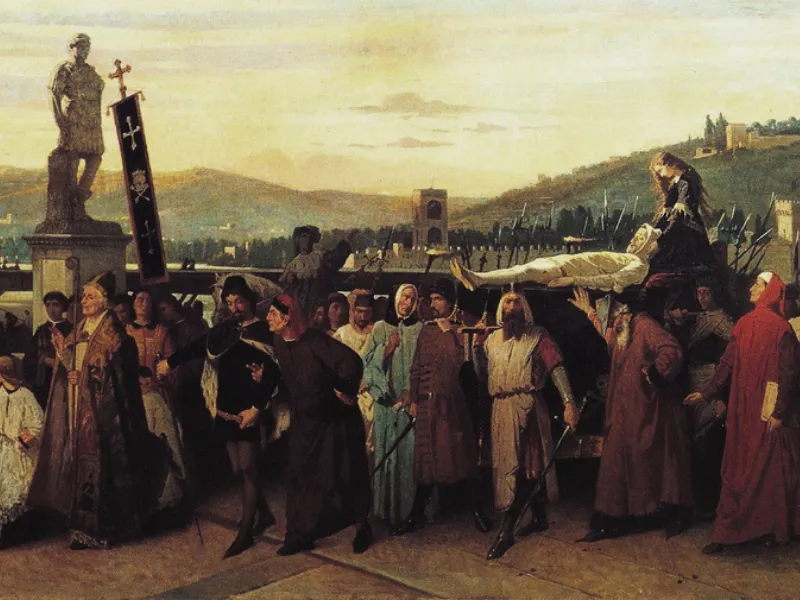
What is done is done
This killing was the beginning of the civil florentine war between the aristocratic families factions of the city: Guelphs against ghibellines.
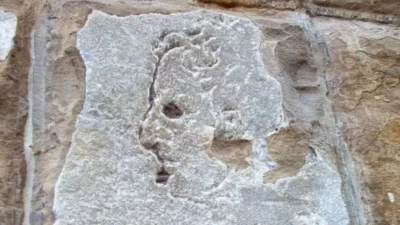
Michelangelo and portrait on the facade
What do you think? Do you believe Michelangelo have ever spent his time in a similar way?
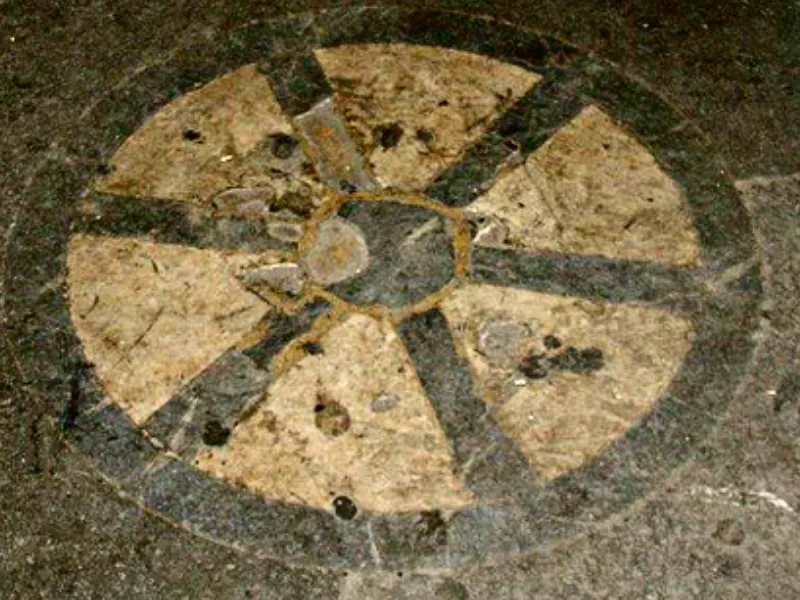
The stone of the outrage
From 1282 priors were representatives of the seven Major guilds: they fighted against the old aristocratic families revenging an active role of trade in Florence.
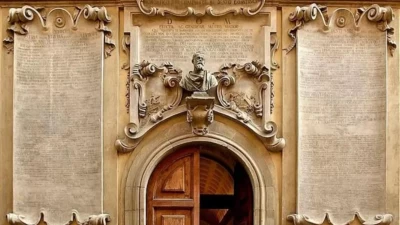
Vincenzo Viviani and his Master Galileo Galilei
On the facade of a florentine palace called "Palazzo dei Cartelloni" ("cartellone" in Italian means "poster") situated near the central station.

